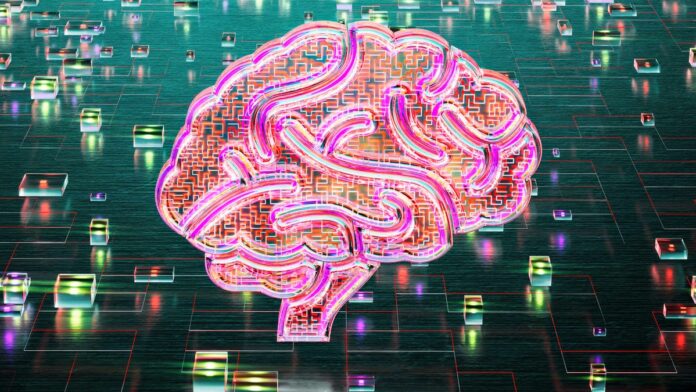AI brokers are one of many buzziest developments in Silicon Valley, with tech firms promising massive productiveness positive aspects for companies. However do particular person employees really wish to use them?
A brand new research from Stanford College reveals the reply could also be sure — so long as they automate mundane duties and do not encroach too far on human company.
Titled “Way forward for Work with AI Brokers,” the research got down to transfer past hype round AI brokers to know how, precisely, these instruments will be virtually built-in into the day-to-day routines of execs. Whereas earlier research have investigated the influence of AI brokers on particular job classes, like software program engineering and IT, the Stanford researchers analyzed particular person classes of duties, permitting them “to raised seize the nuanced, open-ended, and contextual nature of real-world work,” they famous of their report.
To that finish, the researchers adopted a “worker-centric method,” interviewing 1,500 professionals about their preferences for adopting AI brokers. Additionally they interviewed AI consultants to know the know-how’s present lifelike purposes and limitations.
The research helps to bolster earlier analysis, which has proven that the consequences of AI automation will range broadly relying on the character of the work.
What did the research discover?
The survey led to the development of what the Stanford researchers dubbed the AI Agent Employee Outlook & Readiness Information Financial institution, or WORKBank, a database reflecting employees’ present views on AI brokers.
In accordance with the report, the vast majority of employees are able to embrace brokers for the automation of low-stakes and repetitive duties, “even after reflecting on potential job loss issues and work enjoyment.” Respondents mentioned they hoped to give attention to extra partaking and necessary duties, mirroring what’s develop into one thing of a advertising and marketing mantra amongst massive tech firms pushing AI brokers: that these programs will free employees and companies from drudgery, to allow them to give attention to extra significant work.
The authors additionally famous “crucial mismatches” between the duties that AI brokers are being deployed to deal with — equivalent to software program improvement and enterprise evaluation — and the duties that employees are literally seeking to automate.
The way forward for (AI-assisted) work
The research may have massive implications for the way forward for human-AI collaboration within the office.
Utilizing a metric that they name the Human Company Scale (HAS), the authors discovered “that employees usually desire increased ranges of human company than what consultants deem technologically mandatory.” In different phrases, people wish to retain a certain quantity of management over their work whilst brokers may feasibly automate a lot of it. The authors mentioned that this might result in “friction” as AI turns into extra highly effective and ubiquitous.
The report additional confirmed that the rise of AI automation is inflicting a shift within the human expertise which might be most valued within the office: information-processing and evaluation expertise, the authors mentioned, have gotten much less worthwhile as machines develop into more and more competent in these domains, whereas interpersonal expertise — together with “aiding and caring for others” — is extra necessary than ever.
Get the morning’s prime tales in your inbox every day with our Tech At present publication.

